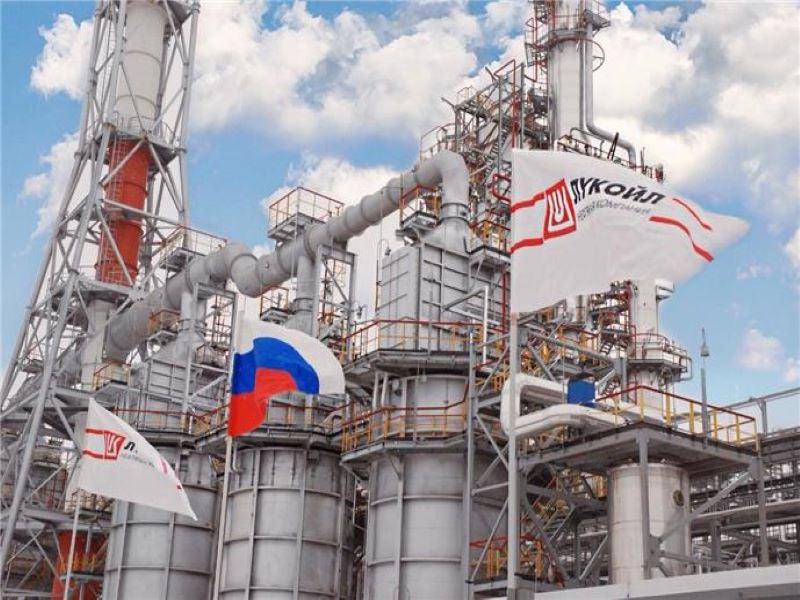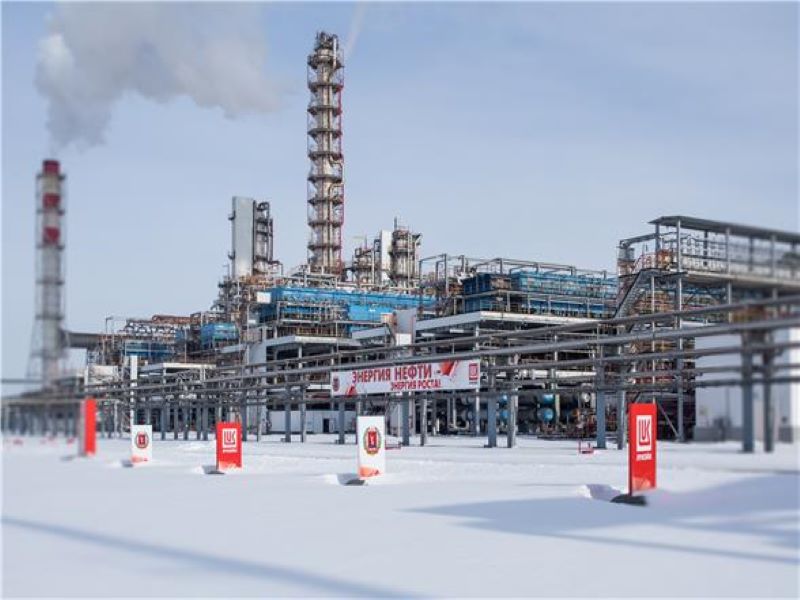The Lukoil Volgograd refinery located in Volgograd, Russia has been in operational since 1957. The refinery has undergone modernisation with a high-index oils production facility commissioned in January 2021, while a second solar plant of 20MW capacity is currently under construction at the site.
Lukoil-Volgogradneftepererabotka, a wholly owned subsidiary of Lukoil, is the owner and operator of the refinery. It became part of Lukoil Group in 1991.
The Volgograd refinery has a refining capacity of 14.8 million tonnes a year (Mtpa) and it has a Nelson index of 6.9.
The refinery produced 14.13 million tonnes (Mt) of petroleum products in 2019. It has possesses a light products yield of 75.6% and a refining depth of 98.1%.
Location and crude supply
The oil refinery facility is located in Volgograd, approximately 1,000km south of Moscow, Russia.
The Volgograd refinery processes blended light West Siberian and Lower Volga oils. It receives the crude supply through the Samara-Tikhoretsk oil pipeline.
Processing infrastructure
The various processing modules of the refinery include a crude distillation unit of 287,000 barrels per day (bpd) capacity of, a 108,000bpd vacuum distillation unit, two 24,000bpd coker units, a 43,700bpd catalytic reforming unit, a 67,000bpd catalytic hydrocracking unit, and a 96,000bpd catalytic hydrotreating unit.
The refinery commenced the production of Class 1 EKTO DIESEL winter diesel fuel in December 2019.It also started producing low-sulphur bunker fuel meeting the new MARPOL requirements in October 2019. The refinery is expected to produce up to 1Mtpa of bunker fuel with sulphur content of 0.5%.
A high-index oils production facility was also commissioned at the refinery in January 2021.The new facility houses asphalting and hydrocracking residue fractionation units.
The construction of the new facility involving an estimated investment of approximately £96m ($131m) was started in October 2018.
Recent developments at the refinery
A vacuum gasoil conversion complex was commissioned at the refinery site in May 2016. The various units in the deep conversion complex include a 3.5Mtpa deep hydrocracker facility having a conversion rate of 75%, a 177 tonnes per day (tpd) sulphur production unit, as well as a hydrogen production unit.
The vacuum gasoil conversion complex was intended to increase the production of the Euro-5 diesel fuel, motor gasoline components and liquified gas by 1.8Mtpa, 0.6Mtpa and 0.1Mtpa respectively.
A preliminary distillation unit of 6Mtpa capacity commenced operations in June 2015, while a new diesel hydrotreatment unit of 3Mtpa capacity started operations in the third quarter of 2012.
A 1Mtpa delayed coking unit was commissioned in December 2011, while a 385,000tpa isomerisation unit commenced operations in December 2007 and a 1Mtpa catalytic reforming unit was commissioned in 2006.
Solar power plants at the refinery
A second solar power plant with an installed capacity of 20MW is currently under construction on an unutilised site at the refinery. It is expected to start operations in 2021. The installed capacity of the first solar power plant operating at the refinery site is 10MW.
Refinery products supply
The refinery produces a range of products, including naphtha, diesel, jet fuel, vacuum gasoil, fuel oil, bunker fuel, bitumen, coke and lubricants.The products are transported by rail, river, as well as motor trucks.
The refinery started the transportation of diesel through an 8.7Mtpa Transneft’s pipeline to the Novorossiysk Port located in the Black Sea in December 2017.
It commenced the supply of jet fuel to the Moscow Aviation Hub through Transneft’s petroleum product pipeline in June 2018.
Contractors involved
Tecnicas Reunidas was awarded a turnkey contract worth more than £900m ($1.4bn) for the vacuum gasoil (VGO) deep conversion complex at the refinery in February 2013. The scope of the contract included the detailed engineering, supply of materials and equipment, complex construction, as well as the support during commissioning.
The company also provided the front-end engineering and design (FEED) services for the project earlier.
Lukoil-Nizhegorodniinefteproyekt, a wholly owned subsidiary of Lukoil, designed the VGO deep conversion complex.





